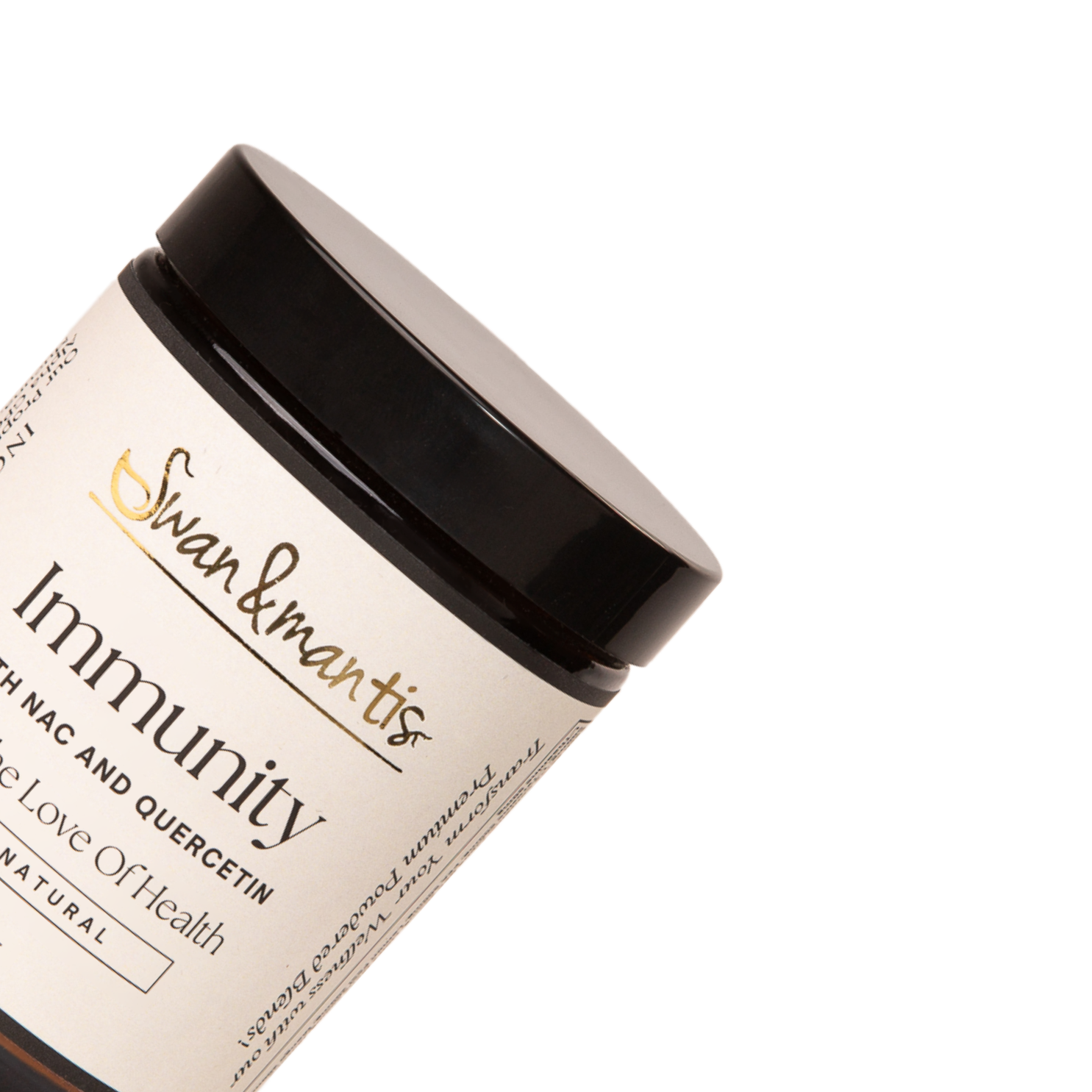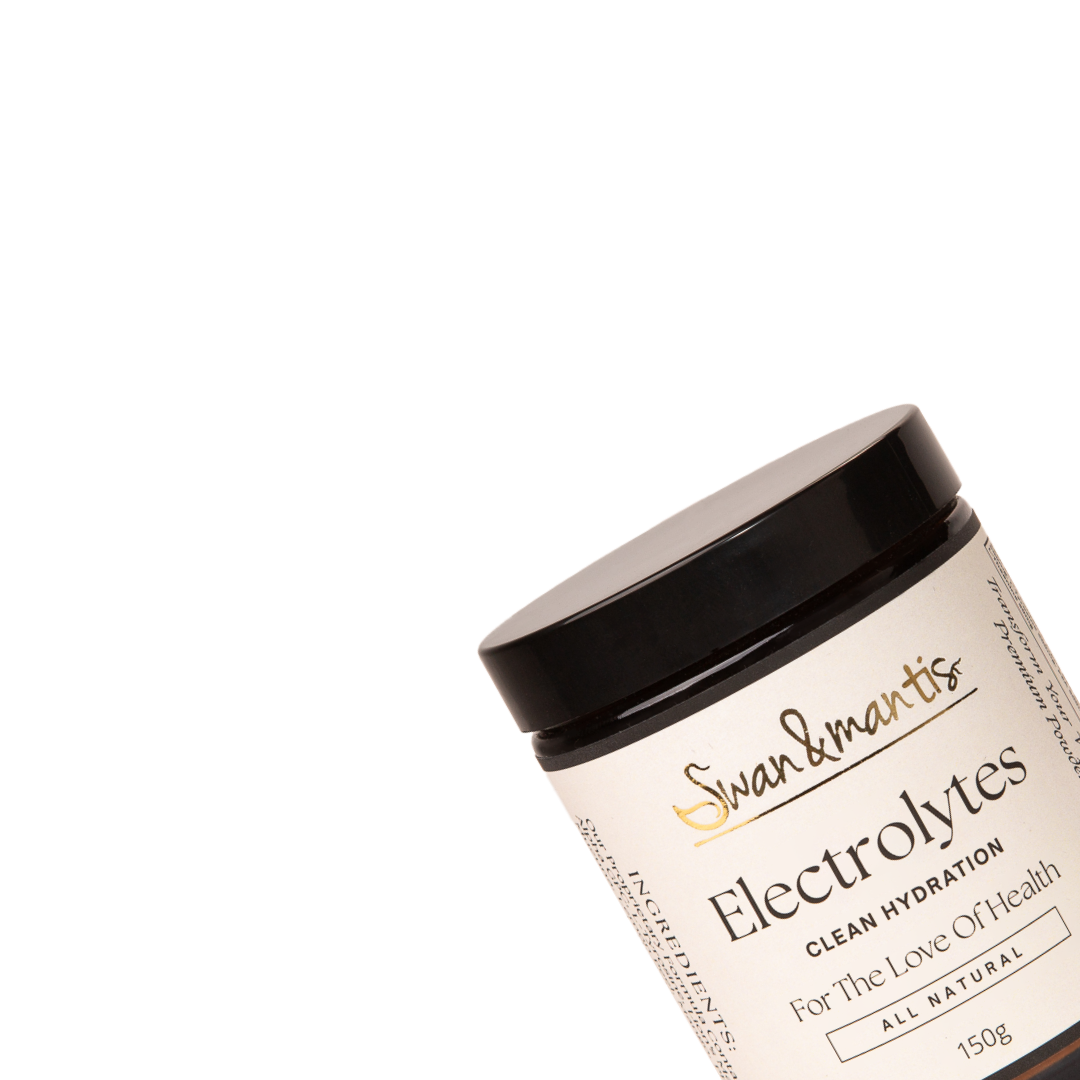Medical Studies to be Largely Wrong or Fraudulent
Monday, November 08, 2010 by: Tony Isaacs, citizen journalist
(NaturalNews) Considering his background, Dr. John Ioannidis had good reason to expect that he might become a noted and respected researcher when he first entered the field of medical research. What he did not expect was that he would become known for challenging and exposing the bad science of his peers and finding that up to 80 percent of medical study results are either wrong or fraudulent. Ioannidis was unusually well prepared to enter medical research: he had been a math prodigy of near-celebrity status in high school and both of his parents were physician-researchers. He believed he would be able to follow his parents' footsteps and use math to better support findings in a surprisingly sloppy field. "I assumed that everything we physicians did was basically right, but now I was going to help verify it," he said. "All we'd have to do was systematically review the evidence, trust what it told us, and then everything would be perfect." It didn't turn out that way. When he pored over medical journals, Ioannidis was struck by how many findings of all types were later refuted and he was shocked at the range and reach of the reversals in everyday medical research. Randomized controlled trials, which compare how one group responds to a treatment against how an identical group without the treatment fares, "had long been considered nearly unshakable" said Ioannidis. But they too ended up sometimes being wrong. "I realized even our gold-standard research had a lot of problems." After working at Harvard, Tufts University, Johns Hopkins University and the National Institutes of Health, Ioannidis set up a base at the University of Ioannina in Greece. His team began producing a series of papers that pointed out specific ways certain studies were getting misleading results. In 2005 he published a paper which shook the foundations of medical research in the journal PLoS Medicine. In the paper, Ioannidis laid out a detailed mathematical proof that (assuming modest levels of researcher bias, typically imperfect research techniques, and the tendency to focus on exciting rather than plausible theories) researchers will come up with wrong findings most of the time. His model, based on the rates in which studies had been overturned, predicted that 80 percent of non-randomized studies (by far the most common type), 25 percent of so-called gold-standard randomized trials, and as much as 10 percent of the platinum-standard large randomized trials turned out to be wrong. The paper detailed how researchers were frequently manipulating data analyses and chasing career-advancing findings rather than good science, and even using the peer-review process to suppress opposing views. "The studies were biased," said Ioannidis. "Sometimes they were overtly biased. Sometimes it was difficult to see the bias, but it was there. At every step in the process, there is room to distort results, a way to make a stronger claim or to select what is going to be concluded. There is an intellectual conflict of interest that pressures researchers to find whatever it is that is most likely to get them funded." Ioannidis noted that, in addition to the factors which doomed nutritional studies, drug studies had the additional corruptive force of financial conflict of interest - much to the detriment of doctors and patients. "Doctors need to rely on instinct and judgment to make choices," he said. "But these choices should be as informed as possible by the evidence," said Ioannidis. He also noted that, "I'm not sure that more than a very small percentage of medical research is ever likely to lead to major improvements in clinical outcomes and quality of life". Sources included: http://www.theatlantic.com/magazine... http://www.plosmedicine.org/article... http://jama.ama-assn.org/cgi/conten...
Investigation reveals epidemic of fraudulent research by scientists and doctors
Thursday, October 04, 2012 by: Sherry Baker, Health Sciences Editor Tags: fraudulent research, scientists, doctors
(NaturalNews) The journal Nature sounded an alarm in the scientific and medical communities in 2011 by reporting that the number of research papers that had to be retracted was soaring to over 300 a year. The findings were often excused as simply honest mistakes. But now the real truth is coming out. Greed, forgery, and downright lies are behind much of this scientific fraud. And the researchers who make up facts and figures to snag lucrative grants and commit these crimes usually get away with little punishment. Dr. Arturo Casadevall of Albert Einstein College of Medicine in the Bronx and Dr. Ferric C. Fang of the University of Washington collaborated with R. Grant Steen, a medical communications consultant in Chapel Hill, N.C., to get to the bottom of the real reasons for the retracted papers in the biomedical and life sciences journals. In all, they looked at 2,047 of these articles that were retracted and they found the most common cause was far worse than they had imagined. Their analysis, just published in the Proceedings of the National Academy of Sciences, found that misconduct was the reason for three-quarters of the retractions for which they could definitely find a cause. What kind of misconduct exactly? Making sloppy mistakes and, far worse, making up false data for incentives that include raking in hundreds of thousands or millions of dollars in grant money as well as academic recognition leading to raises. These retracted papers (up 10 times in the last decade, according to the Nature article) contain research conclusions that aren't just gaffes or meaningless BS. They can influence the way drugs are pushed and prescribed -- with potentially deadly consequences. Take the case of Boris Cheskis, a senior scientist at Big Pharma's Wyeth Research in the mid-2000s, and his colleagues who published two papers on the benefits of estrogen. When too many questions were raised, the scientists retracted both papers, admitting that some of their findings and data were "unreliable." The truth: two years ago, the Office of Research Integrity at the federal Department of Health and Human Services announced Dr. Cheskis had actually falsified the figures he used. So did Dr. Cheskis go to jail or pay back grant money? Or was he liable for any women who took estrogen based on his phony baloney research? Incredibly, the answer is no. The government allowed Dr. Cheskis to neither accept nor deny the charges if he agreed not to serve on any advisory boards for the United States Public Health Service and to be supervised on any Public Health Service-financed research for two years. What's more, a search for his two retracted papers reveals no notice or mention that the reason they were retracted was because of fraud. In all, Dr. Fang, Dr.Casadevall and co-researcher Mr. Steen found 158 scientific papers in the group of retracted articles they studied that should be classified as fraudulent. In a statement to the press, Dr. Casadevall said he's convinced the fraudulent research papers show there's a significant problem in science. It appears to be sparked by a culture that rewards getting a paper published in an important journal with scoring grants, heading labs and more perks. What's more, publishing made-up research isn't just a U.S. phenomenon. The Dutch media is reporting this week that Diederik Stapel, a Tilburg University social psychologist, is suspected of concocting bogus data in dozens of studies which he used to collect 2.2 million euros (roughly $2.8 million U.S.) in government grants. Stapel is facing a criminal probe and if convicted may be jailed -- something that virtually never happens to American scientists when they are busted for dangerous, faked, exaggerated and otherwise intentionally inaccurate research. That's right. Countless U.S. citizens are in jail for smoking marijuana but PhDs and MDs who publish fraudulent research and collect grant money based on lies are walking around free. A search of the news finds only two who landed in jail -- anesthesiologist Scott Reuben served a light six-month sentence despite being convicted of healthcare fraud involving making up data and Eric Poehlman, a University of Vermont scientist in the field of human obesity and aging, used totally false data in a grant application to get big bucks. He was finally turned in by a lab worker who contacted authorities. Poehlman used fake research to claim there were benefits to using hormone replacement injections as a therapy for menopause. The truth was these hormone treatments had no proven medical benefits at all and potentially serious health risks. Poehlman's sentence? Accused by government prosecutors of defrauding government agencies out of an astounding $2.9 million, the crook scientist plea bargained his way into a minimum jail sentence. In 2006, Poehlman was ordered to serve only a year and a day in federal prison for using falsified data in federal research grants that he submitted for funding. At Poehlman's trial, U.S. attorney David V. Kirby said: "Dr. Poehlman fraudulently diverted millions of dollars. This in turn siphoned millions of dollars from the pool of resources available for valid scientific research proposals. As this prosecution proves, such conduct will not be tolerated." Unfortunately, the Poehlman prosecution turned out to be a rarity, as the new study by Casadevall's team shows, bogus research papers are still being published. Where are the arrests and prosecutions for knowingly publishing fraudulent research papers and taking grant money based on lies? Sources: http://www.nature.com/news/2011/111005/full/478026a.html http://www.nytimes.com http://jme.bmj.com/content/early/2010/12/23/jme.2010.040923 http://retractionwatch.wordpress.com/ About the author: Sherry Baker is a widely published writer whose work has appeared in Newsweek, Health, the Atlanta Journal and Constitution, Yoga Journal, Optometry, Atlanta, Arthritis Today, Natural Healing Newsletter, OMNI, UCLA''''s "Healthy Years" newsletter, Mount Sinai School of Medicine''''s "Focus on Health Aging" newsletter, the Cleveland Clinic''''s "Men''''s Health Advisor" newsletter and many others.
Learn more: http://www.naturalnews.com/037422_fraudulent_research_scientists_doctors.html#ixzz2Zj27vqYo


